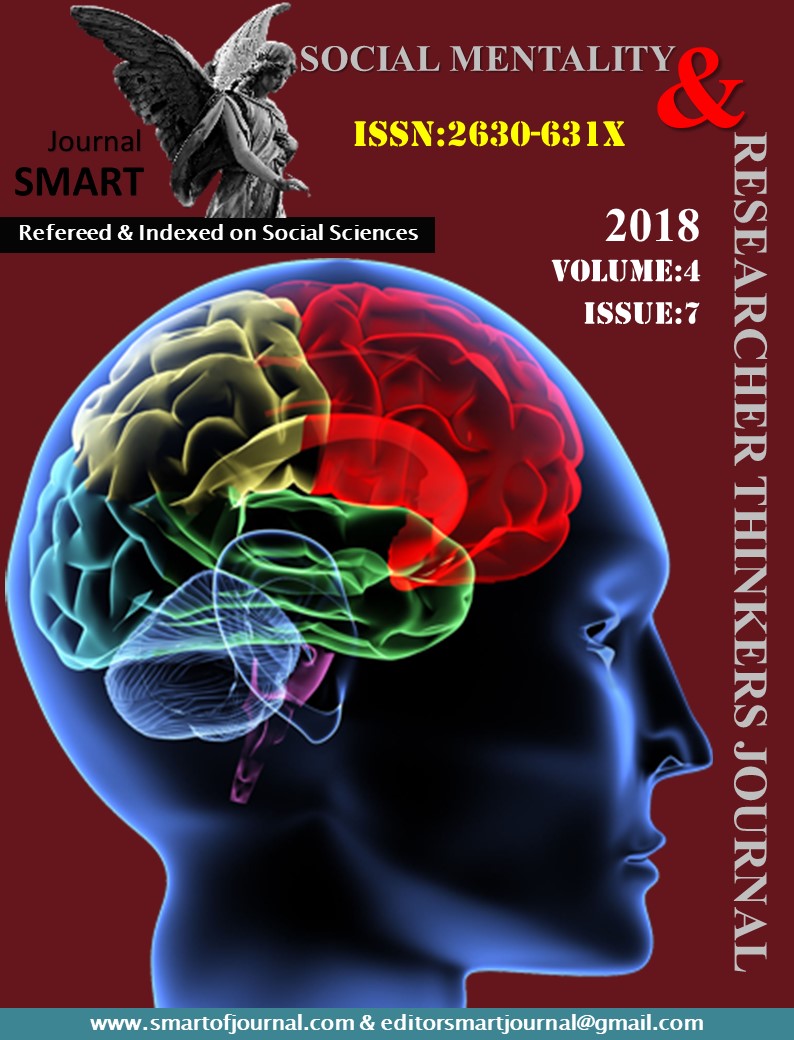Author :
Abstract
Мақалада қазақ халқының ұлы ойшылы, кемеңгер ақын Абайдың тұлға қалыптастырудағы басты ұстанымы, ағартушылық көзқарасы кеңінен талданады. Қоғамды ізгілендіруді аңсап, ілім-білімді,адамгершілікті,моральдық философияны барлығынан жоғары қойған ақынның тек жақсылықты мұрат еткен ойлары зерделенеді.Жаңа білім, ғылым,жоғары технология, рухани жаңғыру арқылы өркениетке қол созған бүгінгі таңда да ақынның «толық адам», «кемел» адам ілімі ескірмек емес. Абай «толық адам» тұлғасы жеке тұлғаның өзін дамытуы, үнемі ізденісі, ғылымды сүюі арқылы қалыптасады деп есептейді. «Толық адам» болу үшін адамда ақыл, қайрат, жүрек сияқты үш қасиет болуы керек. «Ақылмен ойлап-білген сөзден, жүрекпен толғап білген сөз бойға көбірек сіңеді» дейді. Сондықтан мақалада ақынның қарасөздеріндегі, өлеңдеріндегі жүректің рөлін, яғни сезімнің атқаратын қызметін ерекше арқау еткендігі бағамдалады. Абай көптеген шығармаларында ғылымның мәнін ашып көрсетеді, яғни «Ғылымсыз дүние жоқтығын», ғылымның «дүние де өзі, мал да өзі» екендігін баса айта отырып, оған жетудің жолдарын ұсынады. Ғылымға жетудің бір жолы — талап, еңбек екендігін баса көрсетеді. Демек, танып-білу, ғылымды сүю адамзатты ізгілік жолына бастайды. Күн мен түн, ақ пен қара, жақсылық пен жамандық – адамзат тіршілігімен қоса жасасып келе жатқан мәңгілік ұғымдар. Абай көрсетіп отырған қасиеттер адам табиғатына тән. Олар адам бойында көбіне қатар келіп, қабаттасып жатады. Адам жаратылысында жақсылықтың да жамандықтың да ұрығы бар. Тәрбиедегі мақсат – Абай ұсынып отырған жақсы қасиеттерді оқушы бойына ұялату. Ол үшін ең әуелі бала осы қасиеттердің ара жігін ажырата алатын, яғни жақсының не, жаманның не екенін терең ұға алатындай болуы шарт. Дүниенің жақсы-жаманын ажырата білген бала ғана сыртқы ортаға сын көзімен қарай алады. Сондай-ақ, білім жолында көбіне жеткіншектер мен жасөспірім ұл мен қызға тапшы болып жататын жігер, қайрат екені байқалады. Кеселді нәрседен дер кезінде бойын жиып, өзін тыйю, өз бойындағы еріншектік пен бойкүйездікті, жалқаулықты жүгендей алу – үлкен жеңіс. Адамның өзді-өзімен күресі – шайқастың да ең үлкені деген ой адамзат қоғамындағы өмірлік тәжірибеден туындайтыны рас. Абай шығармаларында осы классикалық педагогикадағы тәрбиенің бес бағыты да (ақыл-ой, еңбек, адамгершілік, дене, эстетикалық) бар. Бүгінде педагогикада танылып жүрген тәрбиенің басқа да бағыттары Абай шығармаларында түгел қамтылады. Абай шығармаларындағы адамгершілік тәрбие мәселесі философиялық ойлармен қабат өріледі де, ол адам болмысындағы ғасырлар бойы зерттеу нысанынан түспей келе жатқан психологиялық мәселелермен астасады. Сол тұтастық барысында проблемалық деңгейге дейін көтеріледі. Яғни, Абай тәлімінде адамның жас ерекшелігіне байланысты барлық тәрбие көздері қамтылған. Жаңа талпынған жас балаға да, дүние сырларын зерделеген жас жеткіншекке де, өмір жолын жаңа бастаған жастарға да, аға ұрпақ өкілдеріне де, бала тәрбиесіндегіұстаз бен ата-анаға да, өнер жолындағы жасқа да – Абай тағылымы ортақ. Ақынның еңбектері қанша ұрпақ ауысса да ұлтқа, ұлттықруханиятқа қызмет етіп келе жатыр. Ұлы ақын бұл мәселелерді бір ғасыр бұрын көтерген. Әйтсе де, Абай айтып кеткен осы жәйттардың қазір де қоғамның тынысымен үндес, өміршең, өзекті екендігі көрсетілді.
Keywords
Abstract
The article analyzes the main principles of the great thinker, wise poet Abai in the formation of the Kazakh people and the educational aspect. The poet, who wishes to humanize human society, puts the doctrine, moral, and moral philosophy higher, puts forward only the ideas of good. Even today, the poet's "full human", "perfect" human teaching, which has gained civilization through new knowledge, science, high technologies and spiritual renewal, is not obsolete. Abay thinks that the person "full man" is formed by personality development, constant search, love of science. To become "full" man, one must have three qualities, such as intelligence, courage, and heart. "The word that has been cleverly accustomed to, comes from the heart, and the word which has been filled with the heart, Therefore, in the article the poet's poems, poems, the role of the heart, that is, the specific function of the senses is estimated. Abay discloses the essence of science in many of his works, suggesting that there is "a world without science" and that science is "the world itself and the livestock itself." One of the ways to reach science is to emphasize the need for work. Hence, learning and learning science will lead mankind to the path of goodness. Day and night, white and black, good and evil are the eternal concepts that accompany human life. Abay’s qualities are characteristic of human nature. They are often overwhelmingly human. In the creation of human beings, there is also the seed of evil. The purpose of education is to make Abay's good qualities pupil. First of all, it is important for the child to be able to distinguish between these qualities, that is, to understand what is right or wrong. Only a child who can detect the world's good and bad can criticize the outside world. Also in the way of education it is often seen that young people and adolescents are a source of energy and emotional energy for boys and girls. It is a great victory to get rid of the gossip from time to time, to stop herself from being self-deceitful, self-immoderate, and lazy. The idea that man's fight with himself is the largest of the battles arises from the experience of life in the human society. There are five directions of education in this classical pedagogy (intelligent, labor, moral, physical, aesthetic) in Abay's works. Other trends in pedagogy today are reflected in Abay's works. The issue of moral education in Abay's works is based on philosophical thoughts, and it is associated with psychological problems that have remained in the human subject for centuries. In the same integrity, it will rise to the problem level. Abay’s instruction has all the educational sources, depending on the age of the person. Abay’s advice is shared both by a young man who is young and a young person who has studied worldly secrets, newcomers, older generation, educator and parents. The poet's work serves the nation, the national spirit, even though many generations pass. The great poet raised these issues a century ago. Nevertheless, these facts, which Abay mentioned, have been shown to be harmonious, vibrant and relevant to the society.





